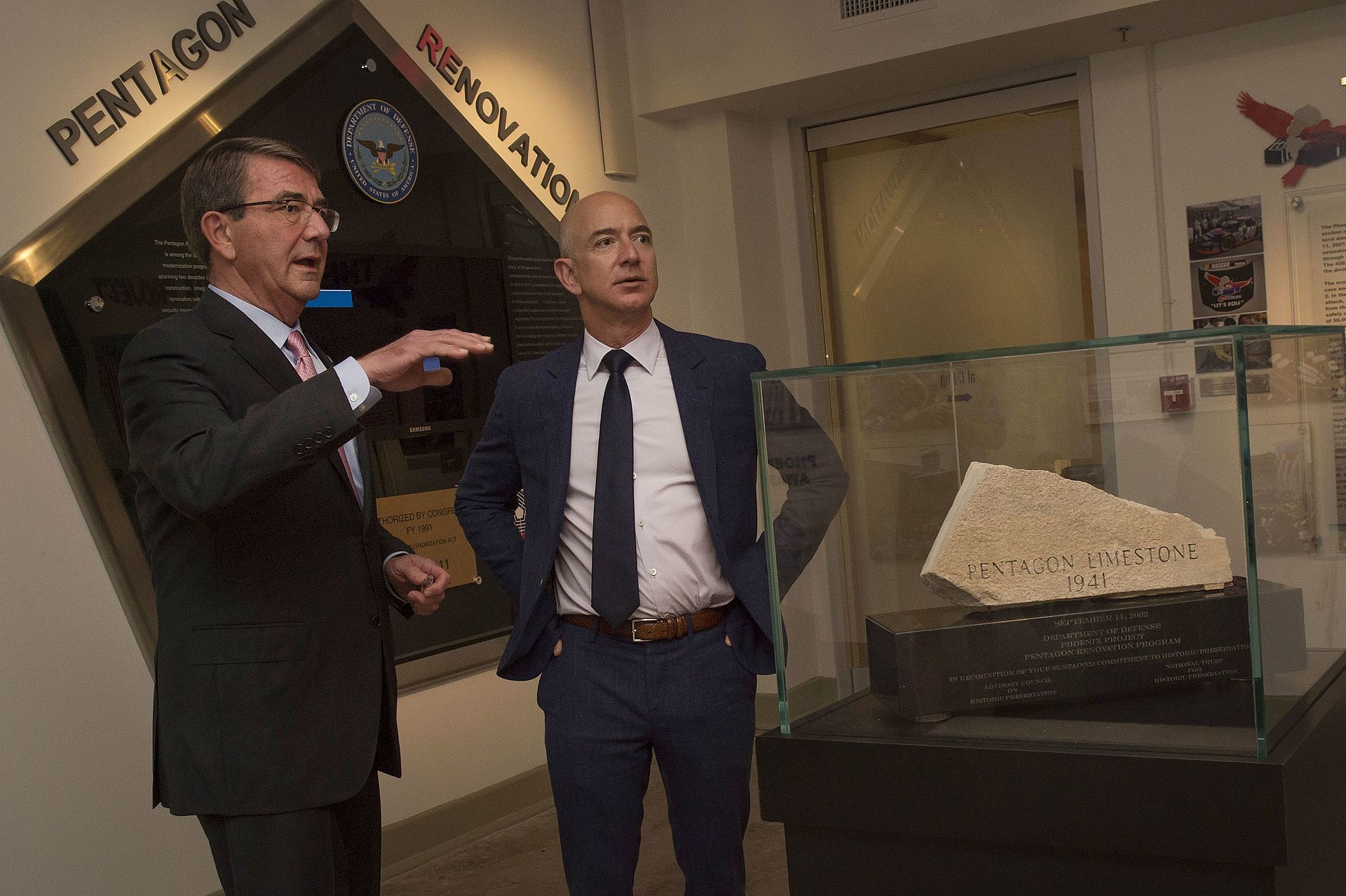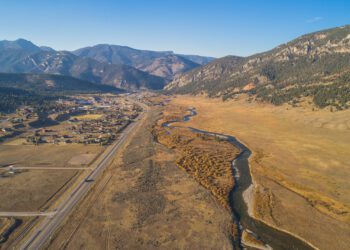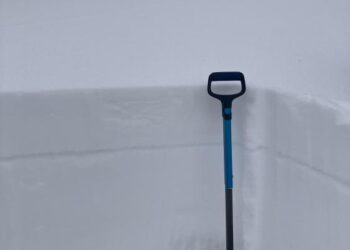By Kathy Bouchard EBS COLUMNIST
In 1714, the British government decided to offer the Prize of Longitude, £20,000—or more than 3 million pounds in today’s money—to anyone who could develop an instrument upon which, it can reasonably be argued, they built an empire. The business of shipping the mercantile wealth of their little isle was notoriously susceptible to all manner of hazards, but the one by which a ship sailed past the little West Indian cay or foundered on reefs in the fog for lack of a decent mechanical reading seemed most easily remedied.
A carpenter
named John Harrison solved the puzzle with the most accurate chronometer to-date,
though the prize money was only grudgingly awarded piecemeal, until King George
III intervened. Using the new and ultra-secret navigational advantage, the
Royal British Navy established a colonial and mercantile empire which lasted
two centuries.
There’s a new prize in the world today, the Bezos Climate Pledge. Jeff Bezos,
the CEO of Amazon, has pledged $10 billion of his own wealth to help solve the
problem of climate change. He says that the first grants will be awarded this
summer. Not much else is known about focus, criteria or how decisions will be
made. The man and his company are not without critics, and this action is not
the only option available for decreasing the carbon footprint of Amazon. But I
am fascinated by the possibilities.
My grand idea, for which I only need a teensy as-yet-uninvented machine, is a
household plastic reducer. Take any of those type-1 plastic clamshells,
currently unacceptable for recycling here, and insert them into the teensy
machine. It reduces airspace by 99 percent, rounds sharp edges and deposits the
resulting pellet in my recycling box, ready to return to the place where it was
sold.
In my
opinion, any business whose vendors use plastic clamshells, or any type of
plastic packaging, ought to furnish recycling options to their consumers. If
that happened, we’d immediately see far fewer types of plastic used and far
more of it recycled. Remember that less than 10 percent of plastic is recycled
in the U.S., and that since it is a petroleum product, plastic has a huge
carbon footprint.
Do you have an idea? When I returned from visiting the grands recently, I
caught up with several publications which celebrate good news in conservation.
What struck me was the number of simple tech solutions used in a variety of
problems. The World Wildlife Fund reported that a lion-afflicted cattle herder
in Kenya strung flickering LED lights around the cattle enclosure at night, and
hasn’t lost a cow to lions since. A college student at George Washington
University, eating only two meals a day because of the stress of tuition,
financial aid and scholarship requirements, came up with Last Call, an online
service that connects hungry students to restaurants and cafeterias which can
discount their meals to prevent food waste.
India completed the All India Tiger Estimation in 2018 using more than 26,000
camera traps across 20 Indian states, announcing to delighted tiger fans that
the feline’s numbers are stable and growing. Another techie triumph I read
about is the first solar-powered LED fishing net, which reduces sea turtles and
other by-catch by 60-95 percent, proving extremely cost effective. Thank you National
Oceanic and Atmospheric Administration and Jesse Senko of Arizona State on
behalf of sea turtles everywhere.
While I work on my teensy machine, kick your cranium into gear and design the
machine that pulls carbon dioxide from the air, or offer to share your Bezos
money in partnership with your genius child or grandchild. You could even share
the idea of my teensy machine as I am not mechanically gifted. The Bezos
Climate Pledge—and I wonder what those Big Sky school kids are dreaming up now?
Kathy Bouchard is a member of the Rotary Club of Big Sky’s Sustainability Committee. She has been a Montana resident for 20 years and is inspired to work for sustainability on behalf of her grandchildren.











